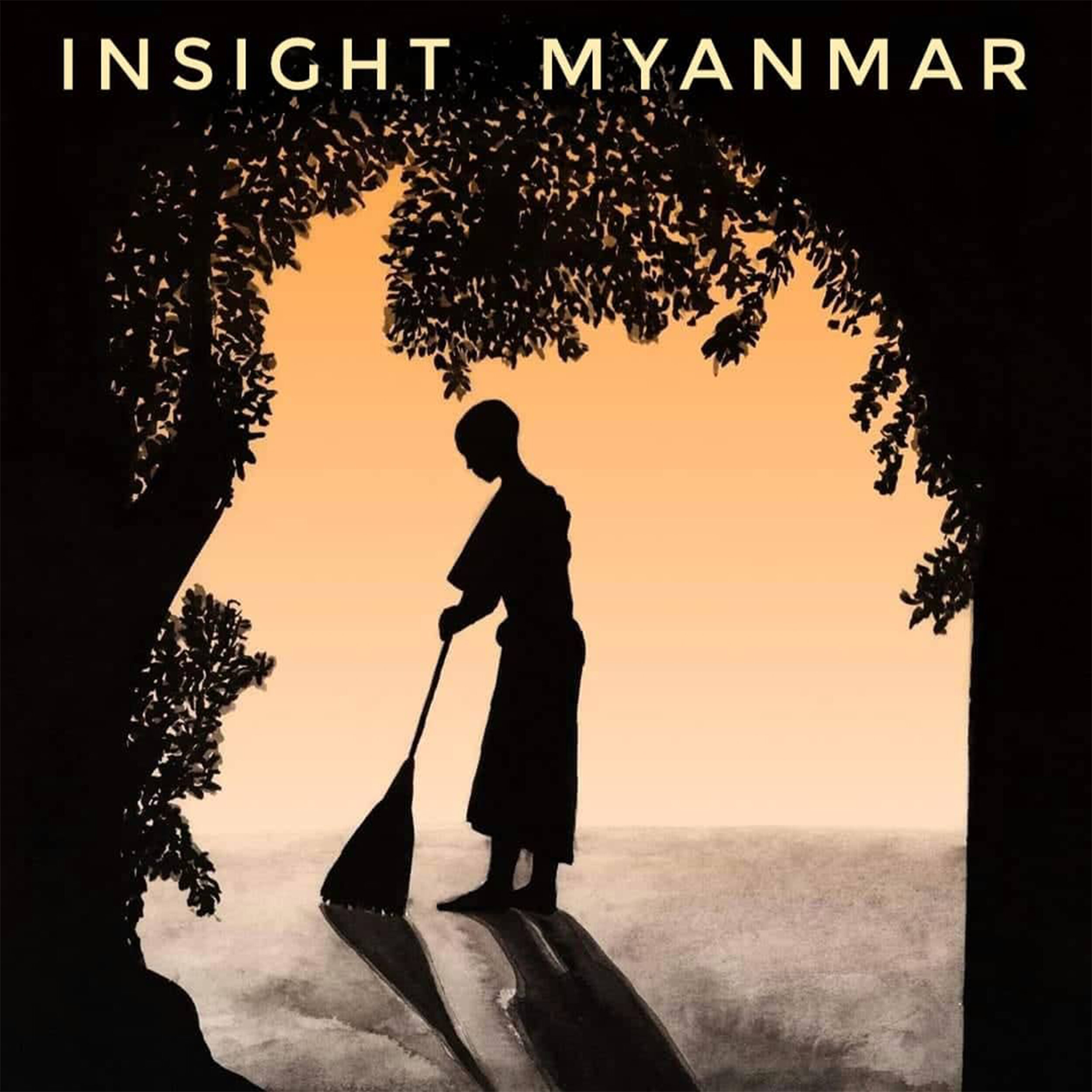February Podcast Schedule
We think you will really enjoy our February schedule of guests at Insight Myanmar Podcast!
We present a diverse selection of voices that make this short month jam-packed with powerful stories and informed perspectives. From the competing architectural narratives in Yangon to personal narratives of spiritual and political evolution, our episodes traverse the multifaceted struggles and triumphs of the Burmese people. Make sure to subscribe to Insight Myanmar wherever you get your podcasts so you don’t miss these fascinating, upcoming shows!
Episode 216: Helena Cing Deih Sian, an architect and researcher, discusses how urban architecture and planning in Myanmar, particularly Yangon, have been manipulated by military regimes to project a narrative favoring the junta. This has led to a selective preservation and interpretation of heritage, often neglecting or rebranding significant historical sites. Despite this, she emphasizes the resilience of the Burmese people, who maintain their heritage and narratives through memories and oral traditions, demonstrating a spirit of resistance against the junta's attempts to control the historical narrative.
Episode 217: Bo Thanmani, a former monk turned PDF leader in Myanmar, discusses his journey from nonviolent activism to armed resistance following the military coup. Despite allegations of war crimes against him, Bo Thanmani shares his commitment to nonviolence and the influence of Buddhist teachings on his approach to leadership, navigating the complexities of resistance while upholding the principles of mettā and nonviolent struggle.
Episode 218: Beth Upton, a former Buddhist nun in Burma, emphasizes the rich, cultural and spiritual roots of Burmese traditions in much Western teaching of Dhamma. She voices concern over the loss of access to Burma's deep scholastic and lived knowledge of Dhamma due to the ongoing conflict. She stresses the importance of the relational aspects of Buddhist practice, fearing that reducing the Buddha's teachings to a single meditation technique overlooks the broader, culturally embedded qualities, such as generosity and humility, that are essential for spiritual growth.
Episode 219: Kyaw Zaw, the spokesperson for Myanmar's National Unity Government, highlights the significant progress the resistance has made, marked by unprecedented unity and the gradual weakening of the military's infrastructure. To him, this momentum is a pivotal turning point in the conflict, reflecting the resilience and innovative approaches of the resistance, aiming not just for regime change but a national transformation towards a federal democracy.
Episode 220: Elliott Prasse-Freeman discusses the complex nature of “rights” in Myanmar in his book, “Rights Refused.” In it, he argues that the Western concept of rights does not align with the lived experiences of the Myanmar people. He describes innovative forms of resistance that activists employ against the military regime, including symbolic actions and cursing rituals rooted in Burmese Buddhist beliefs. Prasse-Freeman's work provides a deep dive into grassroots activism and the challenges of advocating for change in a society where the state's relationship with its citizens is characterized by neglect and violence rather than a reciprocal social contract.
Episode 221: The story of Salvatore Cioffi, who came to be known as U Lokānatha after ordaining as a Buddhist monk in Burma, is a remarkable journey of spiritual seeking. Born in Italy in 1897, he abandoned his life to pursue a spiritual path, engaging in deep meditation practices and ultimately becoming a significant figure in promoting Buddhism. Despite many challenges, he remained steadfast in his mission to spread the teachings, impacting many lives and contributing to the spread of Buddhism in the West along the way.
Besides this great content, we will be airing a bonus episode, released as an Emergency Edition podcast: Savanna Slaughter, an analyst at the Center for Advanced Defense Studies (C4ADS), discusses the power of trade data. While this may seem dry to some, as it is just rows and columns of numbers to the untrained eye, it is, in fact, a window into understanding the military's needs and activities. In particular, she examines the trade in fuel that is used for military purposes… something the military desperately needs, but which has come under increasing sanctions. The regime does what it can to hide or obfuscate its trade data, but every transaction leaves a trace, and with enough data and a skilled analyst to deconstruct it, tracking the flow of goods and money into and out of the country can help us to understand what is really happening behind the scenes, and who is actually supporting the military.
